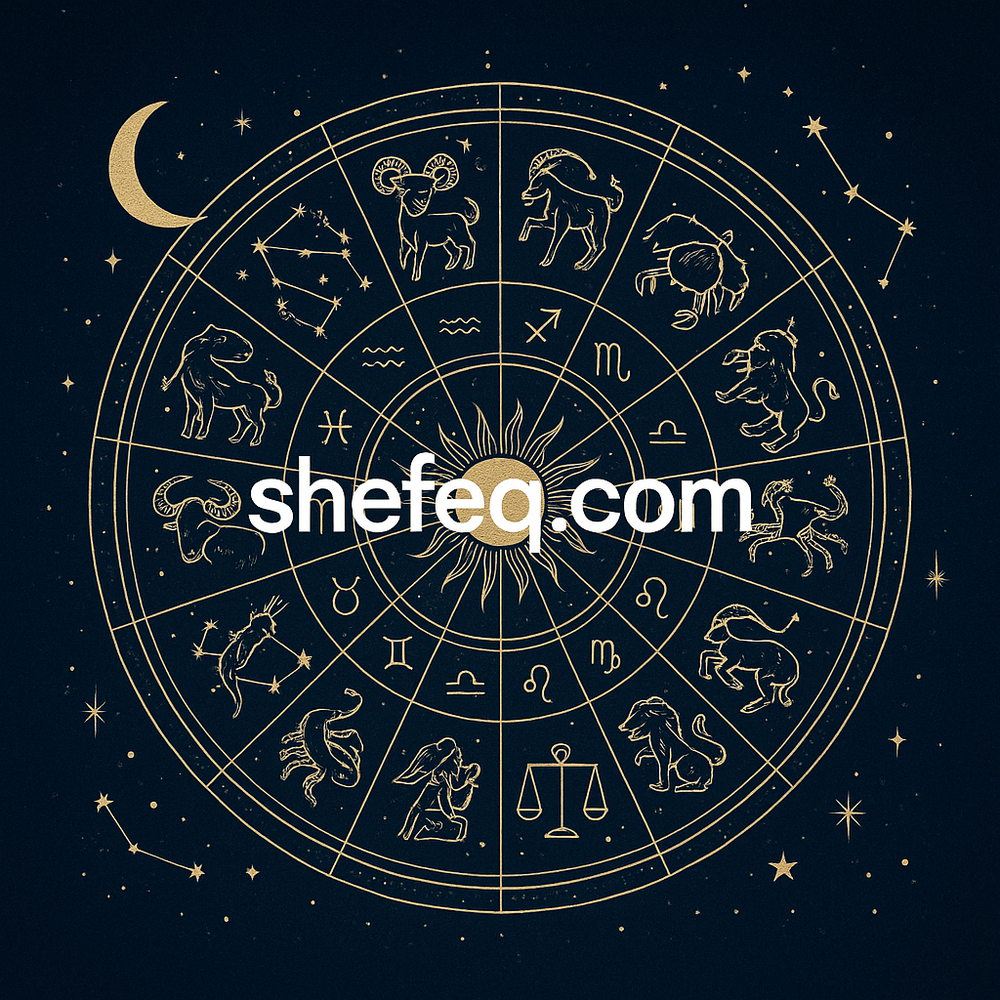Posts like “Here’s what it’s like to date a Scorpio!” are common on social media, and that’s no coincidence. Among millennials, astrology has become as popular as juicy fruits, high-waisted jeans, and deep depression. The question is: why?
Finding the answer can also help us understand how people think in general.
1. Cognitive Biases – The Brain’s “Shortcuts”
We’re not here to single out astrology, but irrational beliefs are hardly rare. For example, in the United States alone, people spend about 2 billion dollars a year on psychic services.
Astrology’s appeal is largely built on cognitive biases. One of the most famous is the Barnum effect – the tendency to believe vague, general descriptions when they are presented as “personalized.” For example:
“Scorpios may seem cold on the outside, but inside they are loyal and full of passion.”
Most Scorpios who read this will think, “That’s exactly me.” Our brains are especially inclined to accept positive descriptions about ourselves.
There’s also apophenia – the tendency to see patterns in random noise. From an evolutionary perspective, it has been better to “spot” danger where it didn’t exist than to miss a real threat. Today, this same instinct kicks in when we read horoscopes.
2. Rituals – Stronger Than Logic
Astrology also functions as a ritual. For thousands of years, humans have passed down behavioral rules and knowledge through ceremonial acts.
Historical example: some Amazonian tribes learned how to prepare cassava so it wouldn’t cause cyanide poisoning and turned the method into a sacred ritual. Those who didn’t follow it died, even without understanding why.
Similarly, in astrology, even if we can’t explain how the position of the stars might affect our fate, the ritual aspect strengthens belief. If something “works,” the reason why often matters less.
3. Predictions – More Than About the Future
The main purpose of predictive rituals is to bring order to chaos. Astrology may not forecast the future accurately, but it reduces indecision.
For example, the Naskapi people of Canada burned caribou bones to determine where to hunt. This prevented repetitive decision-making and helped hunters avoid getting stuck in the same spots.
Sometimes, the goal is not to make the right decision, but simply to make a decision. In that sense, astrology works as a simple way to overcome hesitation.
4. Cheap and Accessible
Unlike many ancient divination methods, astrology requires minimal resources.
In the past, belief in omens could involve animal sacrifices and elaborate ceremonies. Today, all you need is a free horoscope app on your phone. No extra time, expensive materials, or strict rules – just an easy answer.
This simplicity makes astrology accessible to a much wider audience.
5. The Illusion of Control and Social Belonging
Astrology’s core psychological power lies in its ability to fulfill both the need to be a unique individual and the need to belong to a group.
When your zodiac sign describes personal traits you relate to, you feel special. At the same time, sharing those traits with others of your sign creates a sense of community.
Conclusion:
Astrology is not a scientifically proven system, but its combination of cognitive biases, rituals, reduced indecision, accessibility, and social factors gives it a lasting place in people’s lives.
Question for Readers: Do you think people believe in astrology mainly for psychological reasons, or will it continue as a cultural tradition? Share your thoughts with us.

